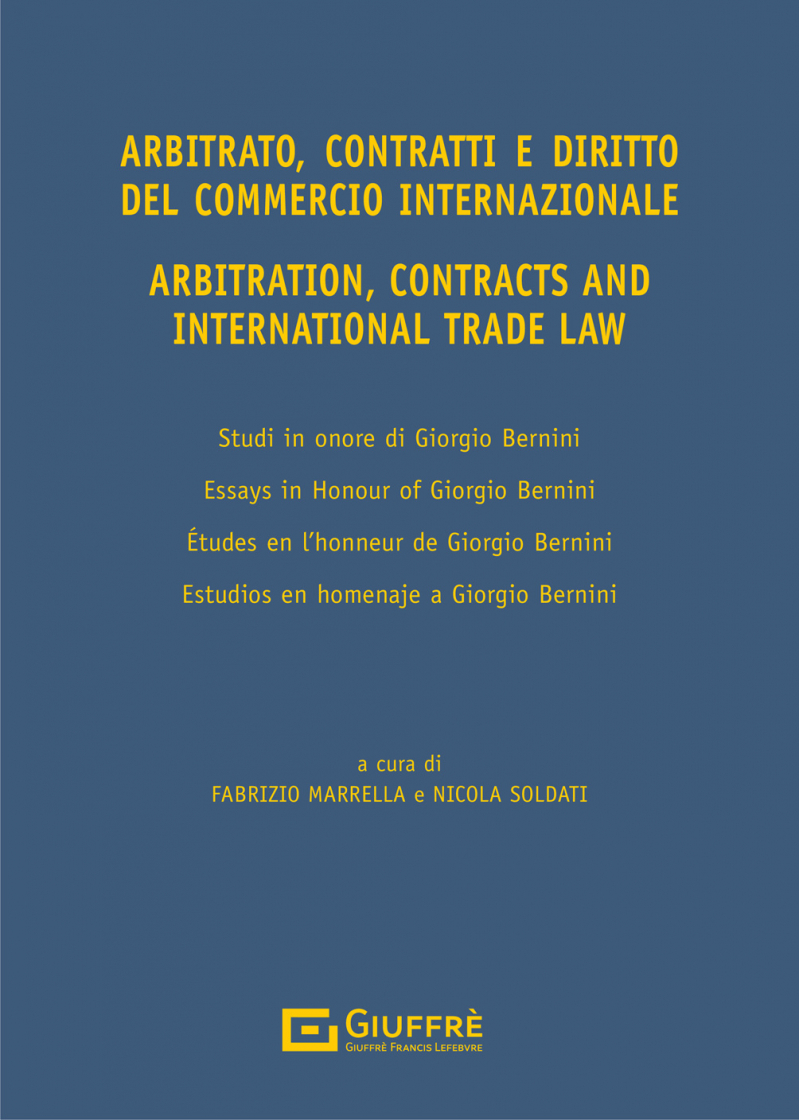A Deeper Dive into the Cassirer Case: United States Supreme Court Grants Cert on Case Concerning Foreign Sovereign Immunities Act
This post is by Emilia Beuger (LL.M. Utrecht), JD Candidate at the University of Pittsburgh School of Law.
As noted in an earlier post on this site, the United States Supreme Court granted a petition for a writ of certiorari to the Ninth Circuit’s decision in Cassirer v. Thyssen-Bornemisza Collection Foundation on September 30, 2021. Below is a more detailed discussion of the issues at play in this case.
This case originated in the state of California and was then appealed to the Ninth Circuit before filing a writ of certiorari to the Supreme Court of the United States. The central legal issue concerns the Foreign Sovereign Immunities Act (FSIA), whose application and interpretation has been split across Circuit Courts.
The issue before the Supreme Court is whether a federal court hearing state law claims brought under the FSIA must apply the forum state’s choice-of-law rules to determine what substantive law governs the claims at issue, or whether it may apply federal common law. The state law is California’s choice-of-law test and the federal common law’s choice-of-law test is set forth in the Restatement (Second) Conflict of Laws. The FSIA does not have an express choice of law provision.
Background
The Cassirer family has sought to recover a painting that was stolen from Lilly Cassirer by the Nazis in 1939, and it was subsequently smuggled into the United States and traded privately. This was unbeknownst to Lilly, who brought proceedings in the United States Court of Restitution Appeals under the assumption that the painting had been lost or destroyed. The Thyssen-Bornemisza Collection Foundation (TBC) purchased the painting in 1993. TBC is a public foundation, and it is considered an agency or instrumentality of the Kingdom of Spain. In 2000, Lilly’s grandson Claude Cassirer learned that TBC had possession of the painting and requested both Spain and TBC for the painting’s return. Spain refused. Claude filed suit against Spain and TBC in 2005. Spain was voluntarily dismissed as a party in 2011.
Claude passed away in 2010, and his children David and Ava, as well as the United Jewish Federation of San Diego County, were substituted as plaintiffs. Ava’s estate was substituted as a plaintiff after she passed away in 2018.
Issues and Arguments
A series of different proceedings have occurred since the original filing in 2005. The Ninth Circuit found that the Foreign Sovereign Immunities Act applies to the dispute because the painting was stolen by Germany in violation of international law.
The most recent case in the district court in 2015 was a result of the parties’ cross-motions for summary judgment on the choice-of-law and its application. The district court found for TBC. Even though the buyer prior to TBC had not purchased the painting in good faith and did not pass good title to TBC, TBC lacked actual knowledge under Spanish law. Because TBC lacked actual knowledge under Spanish law, TBC was allowed to keep the stolen painting.
Cassirer’s theory on appeal was that the district court should have applied California law, not Spanish law. Under California law, a thief cannot pass title to anyone, even if there was a good faith purchaser (i.e. who TBC claims to be in this case). Therefore, if California law had been applied in this case, the outcome would have been different.
Key to both sides arguments is that the FSIA provides: “foreign state shall be liable in the same manner and to the same extent as a private individual under like circumstances.” 28 U.S.C. § 1606.
On appeal, the Ninth Circuit agreed with the district court, affirming the application of federal common law to the choice-of-law analysis under the FSIA, but remanded because the Ninth Circuit felt that the district court did not properly apply the Spanish law. Cassirer argues that this contrasts with other Circuit Courts, such as the Second, Fifth, Sixth and D.C. Circuits, who have applied the law of the forum state to the choice-of-law analysis for claims under the FSIA.
In Cassirer’s petition, he cites cases across the Second, Fifth, Sixth, and D.C. Circuits that say the law of the forum state should be applied, not federal common law. The decision to apply federal common law by the Ninth Circuit turned on the wording of past precedents that show that the court may “prefer” to apply it. In contrast, the Second Circuit has interpreted that the FSIA is a “pass-through” for the application of state law to be controlling when there is an issue of choice-of-law. If the goal of the FSIA is to apply the same laws to foreign states and private individuals, then the application must be done with the law that the court would use if the court was dealing with two private parties. Cassirer argues that the application of California’s choice-of-law test would have led to the application of California law because the state law interest of California would be more impaired than if the Spanish law was chosen to be applied in this case.
The Ninth Circuit’s approach, Cassirer argues, would lead to an inconsistency within the liability standards for foreign states and private individuals because the law applied in the state court would be different than the law applied if the suit was brought in federal court. Additionally, Cassirer puts forth public policy arguments. Because there is a split in the Circuit Courts, Cassirer argues that the Supreme Court should hear this case.
While Cassier argues that both tests would have warranted application of California law, TBC argues that both tests would have warranted application of Spanish law.
TBC filed a response to Cassirer’s Petition, arguing that while there may be a split amongst the Circuits, the split is a shallow one. TBC also argues that the outcome(s) will almost always be the same, no matter what choice-of-law test is applied. Public policy arguments are also advanced by TBC that the FSIA’s goal of holding foreign sovereigns accountable and that foreign sovereigns are to be dealt with differently than individuals, specifically at the federal level. Additionally, the jurisdiction of the Ninth Circuit rests on a federal question, not a diversity matter, so the Ninth Circuit should apply the federal common law test.
Briefs will be filed later this year and early next year.
The Supreme Court is slated to hear arguments during its 2021 Term.


 The latest issue of RabelsZ has just been published online. It contains the following contributions:
The latest issue of RabelsZ has just been published online. It contains the following contributions: